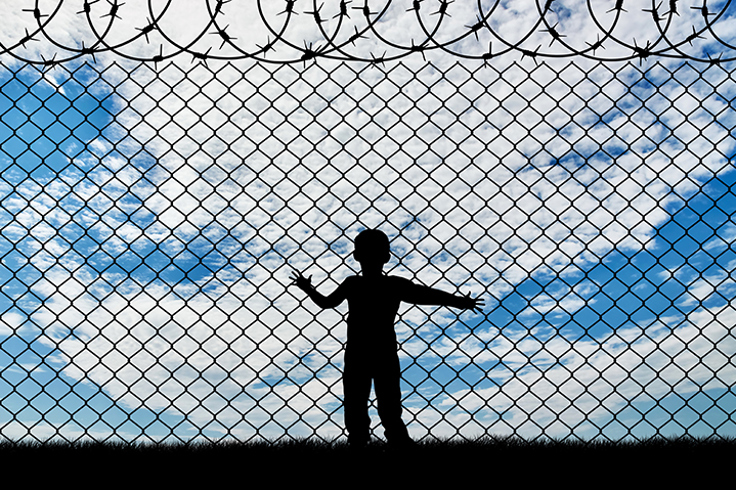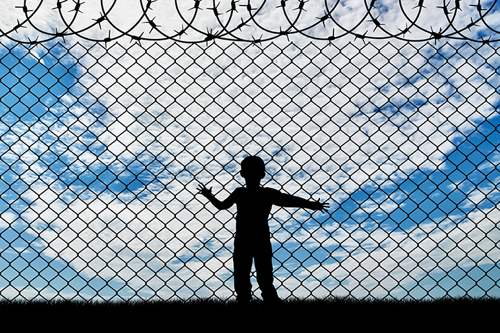Coping in reception centres
Article
|Published
Coping in Reception Centers aims to examine the effect of a manual based, low-threshold program for trauma recovery (Teaching Recovery Techniques) targeting asylum seeking children living in reception centers in Norway. The project is a collaboration between Center for Crisis Psychology, Bergen, and the Norwegian Institute of Public Health.
Background
Research has shown that children and youth who come to Norway as asylum seekers have been exposed to a variety of traumatic events, which contribute to a high level of mental health problems among them, such as PTSD and depression. This is true both for children who arrive in Norway without any legal guardian, unaccompanied minor asylum seekers, and for children accompanied by their parents. The time the children spend in asylum centers also involves substantial stress associated with the uncertain outcome of the asylum application. Previous YCC-studies have shown that for many children, the mental health problems persist also in the years following resettlement in Norway. An early intervention to reduce trauma-related mental health problems during the asylum seeking process can not only have an immediate positive effect on the children´s psychologically well-being, but may also have a positive long term effects. There is a lack of research-based knowledge on low-threshold interventions for this group of children. Teaching Recovery Techniques (TRT) is developed by Children and War Foundation, and has proved effective and been implemented with good results among children and youth in areas of war and catastrophes (Barron et al., 2013; Giannopoulou et al., 2006).
Aims
The aim of the project is to implement and evaluate the effect of TRT among asylum seeking children living at reception centers, as well as children and youth who came to Norway as unaccompanied minors and got the permit to stay here in the country. We will evaluate if there are variations in the effect of TRT in reducing trauma-related mental health problems among asylum-seeking children in four different care conditions.
- Children living with their parents in regular reception centers.
- Unaccompanied minor asylum seekers (UMA) below the age of 15, living in care centers runned by the Child Welfare Service.
- Unaccompanied minor asylum seekers older than 15 years, living in reception centers regulated by the Norwegian Directorate of Immigration (UDI).
- Settled unaccompanied minors refugees.
The care conditions vary primarily in the quantity and quality of adult contact.
Method and Sample
Coping in Reception Center and Municipalities has a mixed-method approach, including questionnaires, observations and interviews. The project has an experimental waiting list control group design. We will test the level of mental health problems both before and after the intervention. The target group is 120-180 asylum seeking children and youth, as well as settled unaccompanied minors refugees. In addition to measuring the effect of TRT, we will also evaluate the implementation of the intervention.
Cooperation
The project is a cooperation between Children and War Foundation, Center for Crisis Psychology and The Norwegian Institute of Public Health.
Status
Eleven reception centers and care centers as well as seven municipalities are participating in the project. The Norwegian Institute of Public Health and Center for Crisis Psychology organized during the autumn of 2017 a training in “Teaching Recovery Techniques” for 44 course leaders. Those course leaders went about completing thirteen TRT-courses in the country during that same autumn. Eight courses started in January/February 2018.

